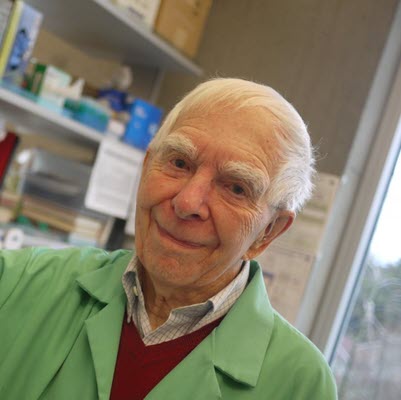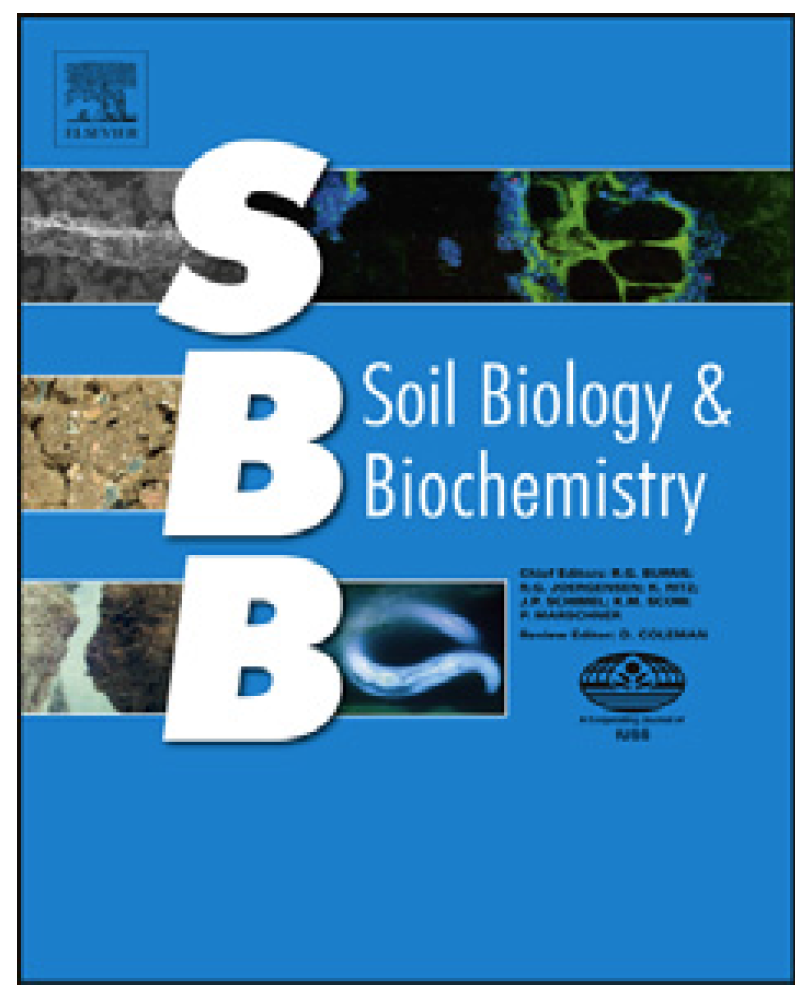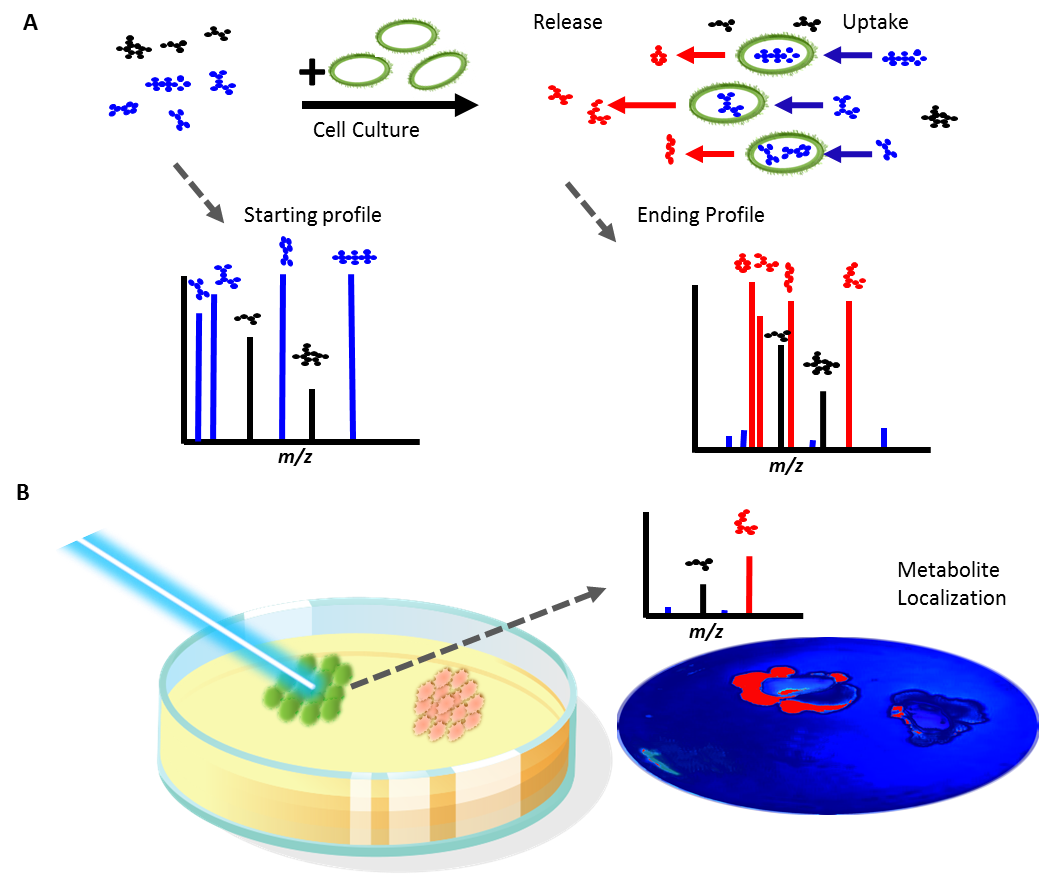Northen Lab researchers Vlastimil Novak, Peter Andeer, Benjamin Bowen, Yezhang Ding, Kateryna Zhalnina, Connor Tomaka, Thomas Harwood, Michelle van Winden, Amber Golini, Suzanne Kosina, and Trent Northen, are authors on a new paper recently published in Science Advances in January 2024, titled “Reproducible growth of Brachypodium in EcoFAB 2.0 reveals that nitrogen form and starvation modulate root exudation.”
This study aimed to evaluate the EcoFAB 2.0, a device developed by the Northen Lab, with an improved design using high-throughput fabrication. The EcoFAB 2.0 is a small, single plant scale growth chamber that offers a reproducible and standardized experimental platform for conducting microbiome studies and studying plant-microbe interactions. Our lab utilized fabricated ecosystems (EcoFAB 2.0) to analyze the effect of three inorganic nitrogen forms, nitrate, ammonium, and ammonium nitrate, along with nitrogen starvation, on the growth of Brachypodium distachyon, a model grass plant.
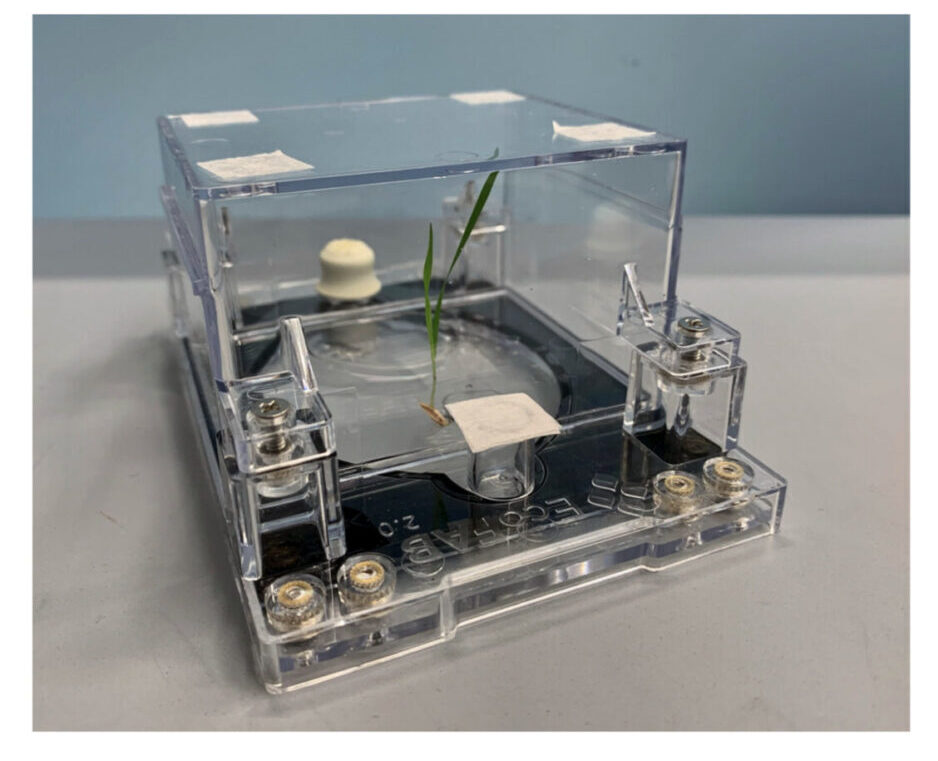

The Northen Lab performed liquid chromatography-tandem mass spectrometry (LC-MS/MS) based metabolomics analysis and statistical comparisons which revealed that the root exudate profiles differed significantly across the three nitrogen forms and nitrogen deficient treatment. The results from this research demonstrated that EcoFAB 2.0 devices are suitable for reproducible laboratory studies and can be a valuable tool in plant microbiome research. Additionally, this study furthered current understandings of plant root exudation dynamics in response to different nitrogen forms and availability in the rhizosphere.
To learn more, read the full article here.
Novak, V., Andeer, P. F., Bowen, B. P., Ding, Y., Zhalnina, K., Tomaka, C., Golini, A. N., Kosina, S. M., Northen, T. R. (2024). Reproducible growth of Brachypodium in EcoFAB 2.0 reveals that nitrogen form and starvation modulate root exudation. Science Advances 10,1. https://www.science.org/doi/10.1126/sciadv.adg7888
Spotlight on EcoFAB 2.0
Vlastimil Novak, a project scientist in the Northen Lab and lead author of the paper, was recently interviewed for the Berkeley Lab’s news site to discuss the purpose of EcoFABs and how they are being used across various laboratories and schools to advance microbiome research and further promote STEM education.
Read the Berkeley Lab’s news article here.
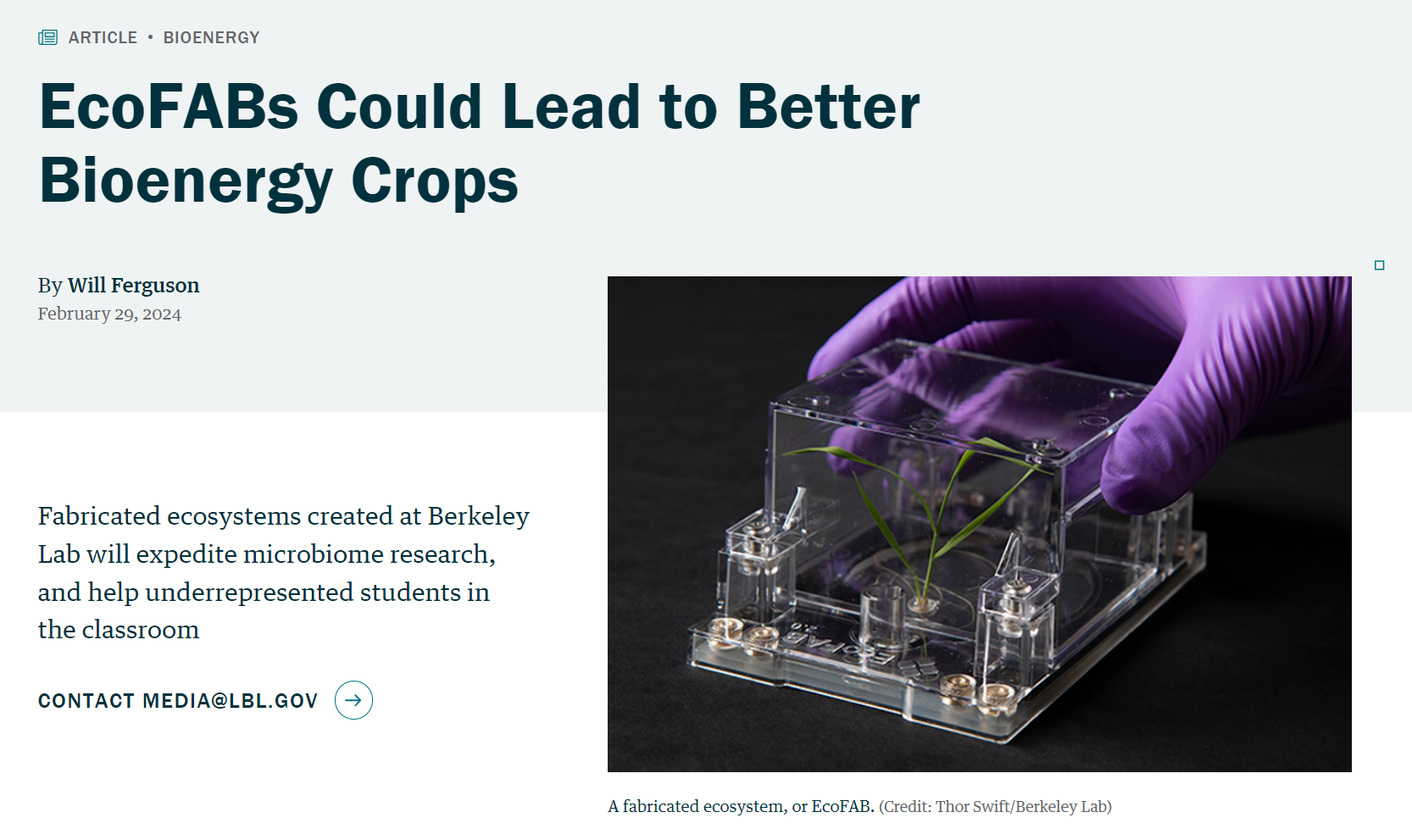
EcoFABs were also highlighted recently on Season 4, Episode 5 of the Genome Insider podcast produced by JGI, where Ying Wang (formerly of the Northen Lab, now at Texas A&M) and Jill Bouchard (Professor of Biology; Biology Department Co-Chair at Los Medanos College – Brentwood Campus) discuss their experiences using EcoFABs as educational tools for studying plant biology.
Listen to the full Genome Insider podcast here.
Check out this video, EcoFABs in Class: A Visit to Los Medanos College, featuring EcoFABs in Jill Bouchard’s BIO 21 course at Los Medanos College!
More information on EcoFABs can be found at https://eco-fab.org/.
Information on obtaining EcoFAB 2.0 for research through JGI’s Community Science Program (CSP) can be found at JGI CSP Annual Call.


